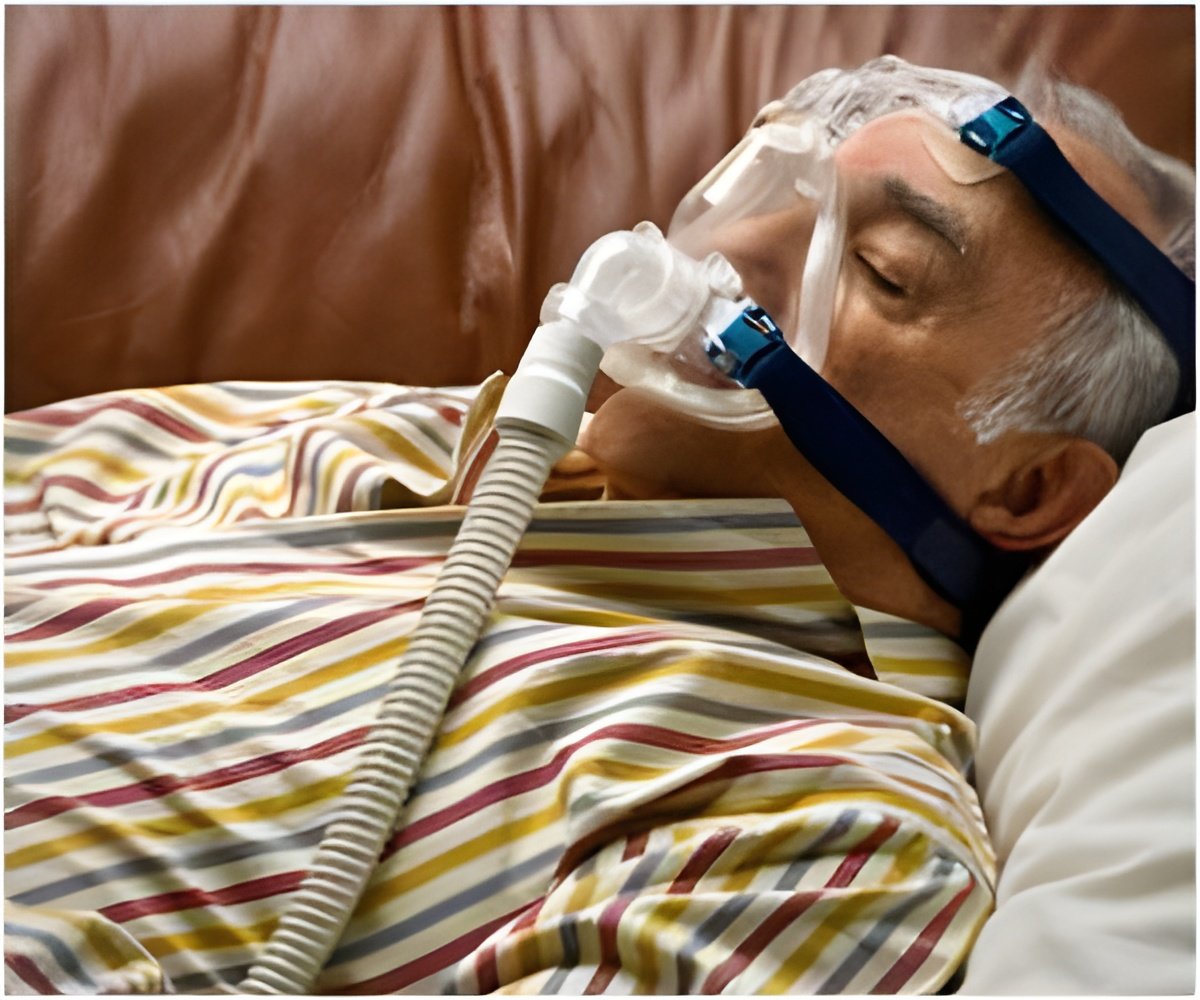Hospitals are unable to admit patients to the ICU in case of refusal. The guidelines focus on addressing futile care and considerations related to living wills.

Highlights:
New guidelines from the Union Health Ministry specify that if patients or their families refuse, hospitals are not permitted to admit individuals into the Intensive Care Unit (ICU). The recommendations, formulated by 24 experts, additionally propose that if no further treatment is feasible for a particular disease or in the case of terminally ill patients where continued therapy is unlikely to impact the outcome, particularly survival, maintaining them in the ICU would be considered futile care (1✔ ✔Trusted Source- Refusal by patients or kin restricts ICU entry
- Guidelines tackle the futility of care and living with challenges
- Clear criteria for ICU admission and discharge provided
Critical Care Guidelines
Go to source). Furthermore, individuals with a living will or advanced directive opposing ICU care should not be accepted into the ICU. In situations of resource scarcity during a pandemic or disaster, low-priority criteria should be taken into consideration when deciding on
‘Hospitals can't admit ICU patients if refused. Guidelines address futile care and living wills. #icu #hospital #medindia’





Advertisement
Criteria for ICU Admission
In the context of intensive care unit (ICU) admission, the criteria should be firmly rooted in the assessment of organ failure, the essential requirement for organ support, or the expectation of a worsening medical condition, as outlined by established guidelines. The following parameters serve as key indicators for determining the need for ICU admission:- Recent-Onset Altered Level of Consciousness: Sudden changes in mental status or consciousness.
- Hemodynamic Instability: Unstable blood pressure or other cardiovascular abnormalities.
- Need for Respiratory Support: Requirement for mechanical ventilation or significant respiratory assistance.
- Acute Illnesses Requiring Intensive Monitoring: Conditions demanding close and continuous observation due to their severity.
- Organ Support Necessity: Requirement for life-sustaining support for vital organs.
- Anticipated Decline in Medical Condition: Any medical condition where a deterioration is anticipated based on clinical judgment.
Advertisement
Patients with Intraoperative Complications
Patients experiencing major intraoperative complications, such as cardiovascular or respiratory instability, or those who have undergone significant surgery, are also included in the admission criteria. The guidelines explicitly state that critically ill patients who refuse ICU admission, diseases with a treatment limitation plan, individuals with a living will or advanced directive against ICU care, terminally ill patients judged as futile, and low-priority cases during a pandemic or disaster with limited resources (e.g., beds, workforce, equipment) should not be admitted to the ICU.Discharge Criteria
The discharge criteria from the ICU involve the return of physiological abnormalities to nearly normal or baseline status, reasonable resolution and stability of the acute illness prompting ICU admission, and agreement from the patient or family for ICU discharge due to a treatment-limiting decision or palliative care.According to the guidelines, while awaiting an ICU bed, various parameters such as blood pressure, pulse rate, respiratory rate, breathing pattern, heart rate, oxygen saturation, urine output, and neurological status should be monitored in the patient.
"In respecting patient choices, these guidelines redefine the dynamics of critical care, prioritizing empowerment and ethical healthcare decisions."
Reference:
- Critical Care Guidelines - (https://main.mohfw.gov.in/sites/default/files/Guideline%20on%20Critical%20Care%20Hospital%20Blocks_PM-ABHIM.pdf)
Source-Medindia












